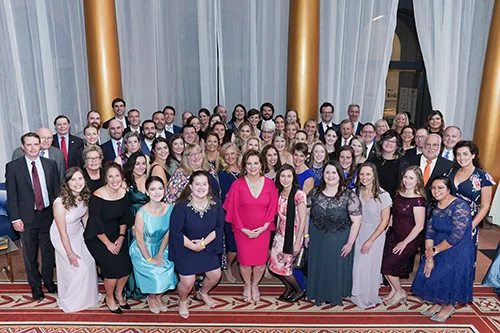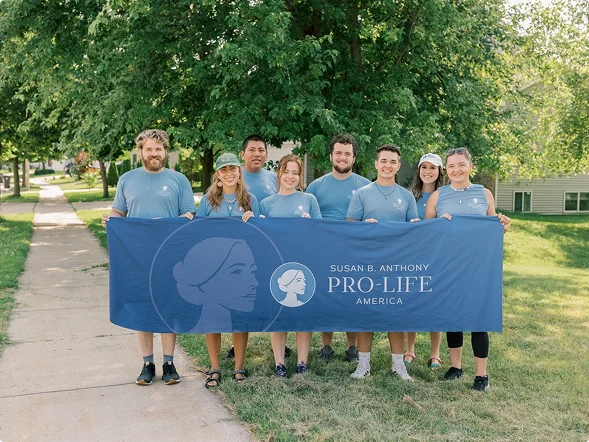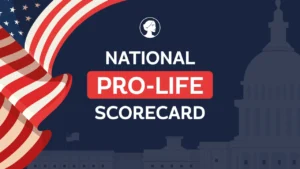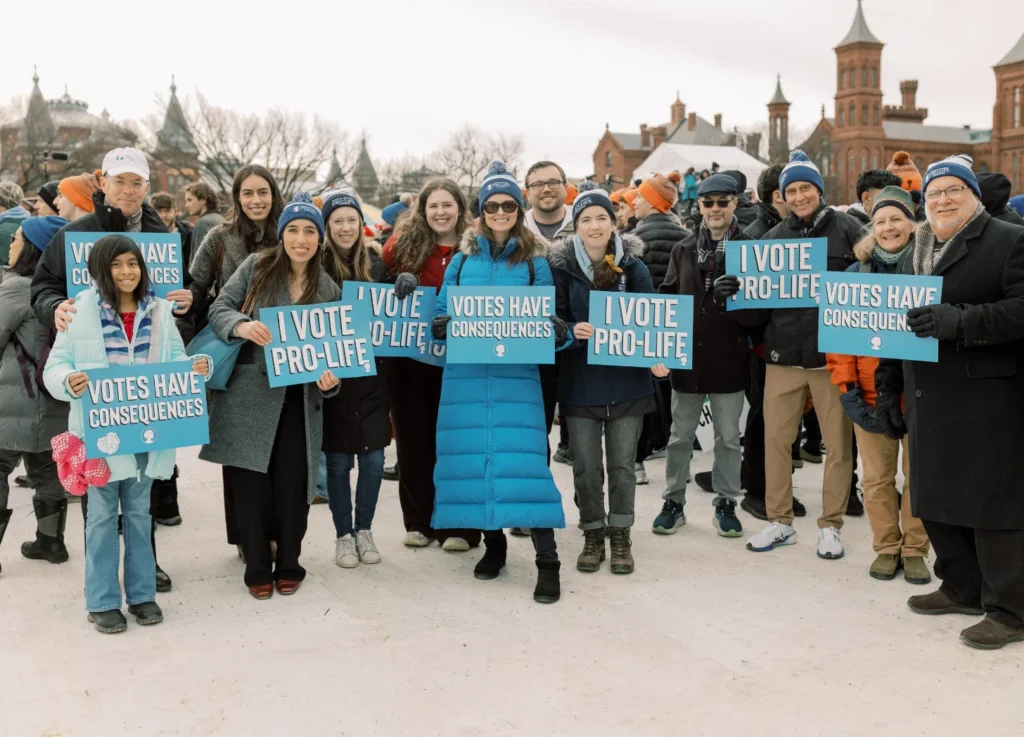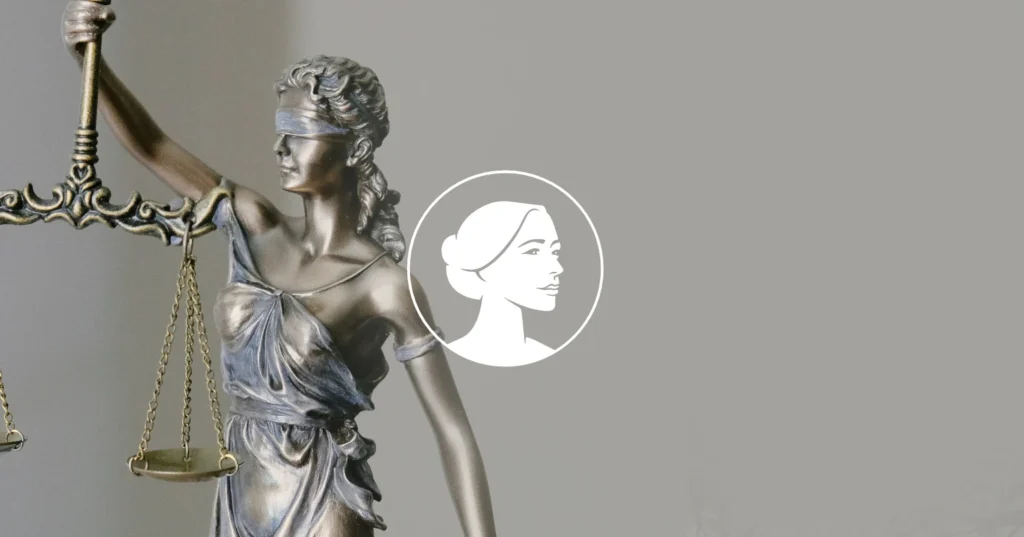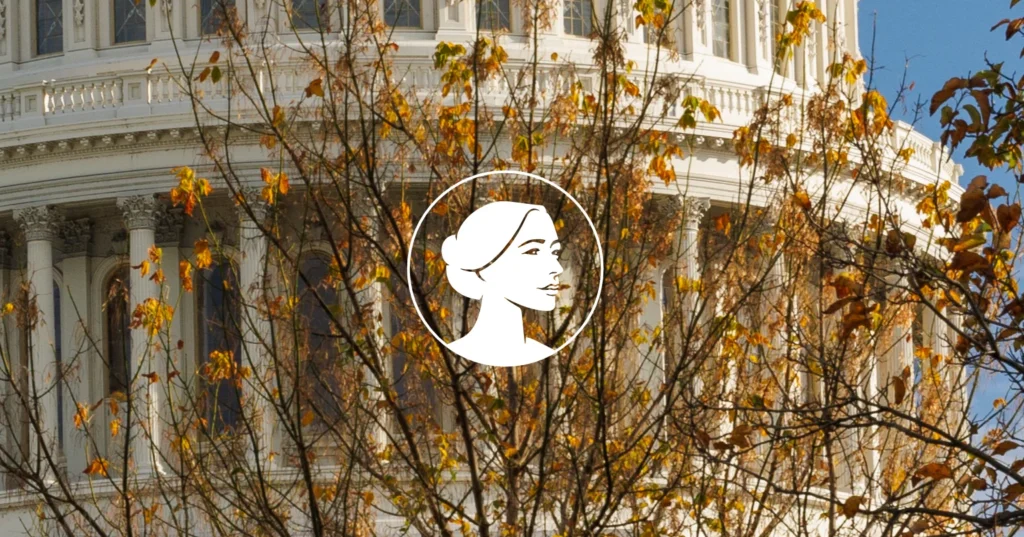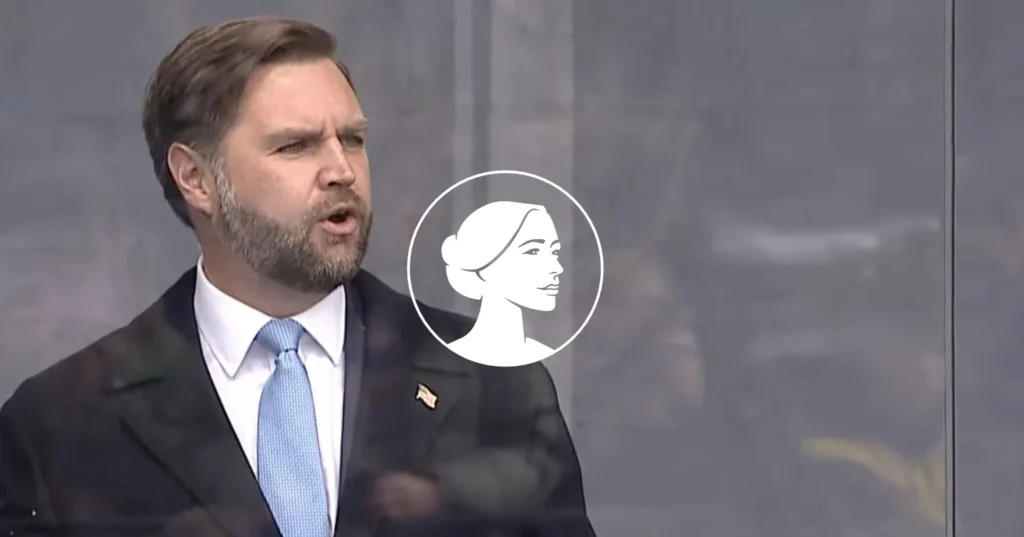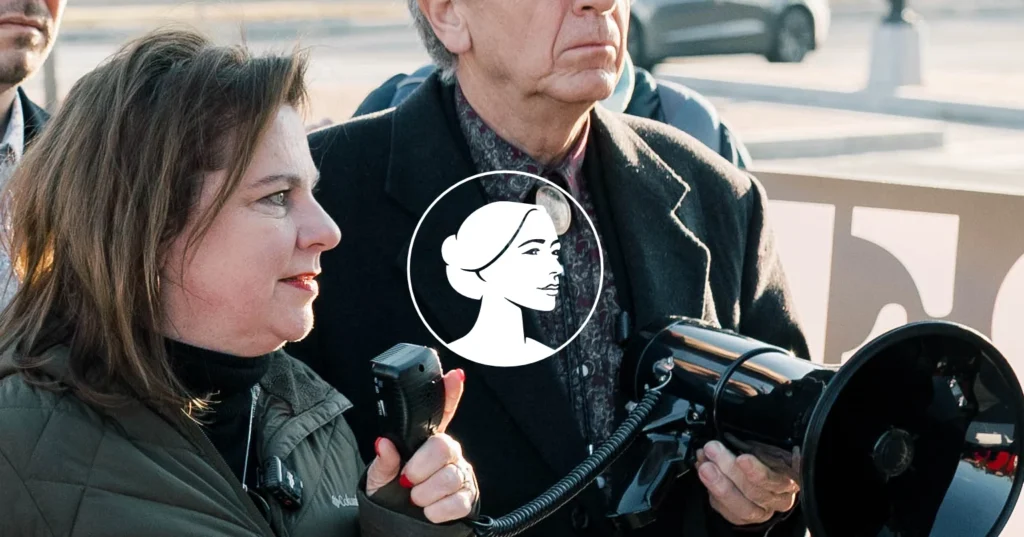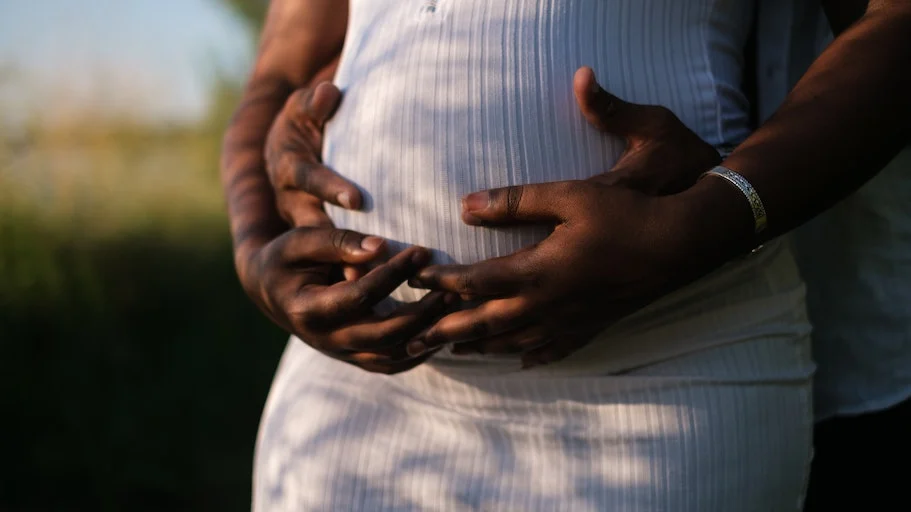
Indiana native and father of four Paul Schmucker shared his story of overcoming regret and grief after coercing his girlfriend to get an abortion.
Paul, now age 42, grew up as one of twelve in a traditional Amish family in Indiana. He had loving parents and a wonderful childhood in the Amish community. At age 16, according to tradition, Paul experienced Rumspringa, a tradition when Amish youth leave the community and immerse themselves in the outside world. This period of Rumspringa grants young Amish men and women the opportunity to decide whether they want to return to their community or leave to join modern society. After his experience, Paul chose the latter. He loved his family but once he was exposed to the modern world, he didn’t want to leave. Shortly after, he started dating a girl which developed into a long-term relationship of three years. And during that serious relationship, she told him she was pregnant.
Paul immediately panicked. He felt that his family could never find out.
And that’s when he pressured his girlfriend into getting an abortion ‘to fix’ the situation.
Paul convinced his girlfriend that she could not afford to have a baby at this time in her life. He explained she needed to be logical, she had her whole life ahead of her. What about her education and her career, he said. A child would “get in the way.” Abortion was the only choice.
Years later, Paul would admit that he was only said those things out of selfishness and fear. In his mind, he couldn’t handle the backlash he would get from his friends and family. “It was all about me at that point.”
Eventually, Paul’s girlfriend succumbed to the pressure. He drove her to the facility to get the procedure. And when it was finally over, he was so happy that his family would never know about the baby. “I didn’t really think to ask her how she felt… I was relieved that there was no more baby for me to worry about.”
But that relief was fleeting, and regret set in when he reflected on the weight of intentionally pressuring his girlfriend to end the life of their child. He felt the effects of the abortion for years to come.
“What I didn’t know was that it would impact me emotionally in a very deep way.” He started using alcohol heavily to drown out any emotions or thoughts about the abortion. “It was a long dark ugly road after that.”
Paul and his girlfriend eventually broke up. They never even discussed the abortion after the fact. For a long time, Paul refused to tell anyone about the abortion. He hid it from his friends, family and even his future wife. After getting married and sobering up from the use of drugs and alcohol, he eventually began to realize the gravity of his decision and how it impacted his mental and emotional health.
“It was a slow realization, of what I did, especially after I sobered up. It was just this heavy pain of regret and heavy shame.”
Eventually, he reached out to a close friend, finally opening up about his story of the abortion and the emotional turmoil it caused him. His friend convinced him to tell his wife and gave him the support he needed to be open and confess his past. Paul’s wife was very gracious and understanding of his past and forgave him. He began to feel a greater sense of relief and freedom in sharing his story and seeking help and assistance from others.
“I knew now why I went deeper into alcohol and drugs so I could shove those feelings and shame and regret deep down and just hold it down in there, the root cause of that deep dark road was the abortion, looking back, that was where it stemmed from.”
Schmucker, now forty-two years old, is still happily married to his wife and has four children in Indiana. The abortion still affects him. While he knows he can’t change the past, he has learned to overcome the grief and shame. And he’s able to help others with similar pasts. Paul advises men struggling with the regret of being complicit in abortion coercion.
He feels like he stole everything away from the mother of his unborn child, “If only I could tell her I’m sorry.”
Paul learned a crucial lesson. He’s learned that a father’s role is to be the protector of his children, whether they’re in the womb or out of it.
“If I had one message out there for the fathers it would be: It’s ok to have this child. Give it a chance, give it life, let your baby live. Be a man, be a daddy to this child, and even if it doesn’t work out between you and the woman, you will not regret it to give this baby life.”
